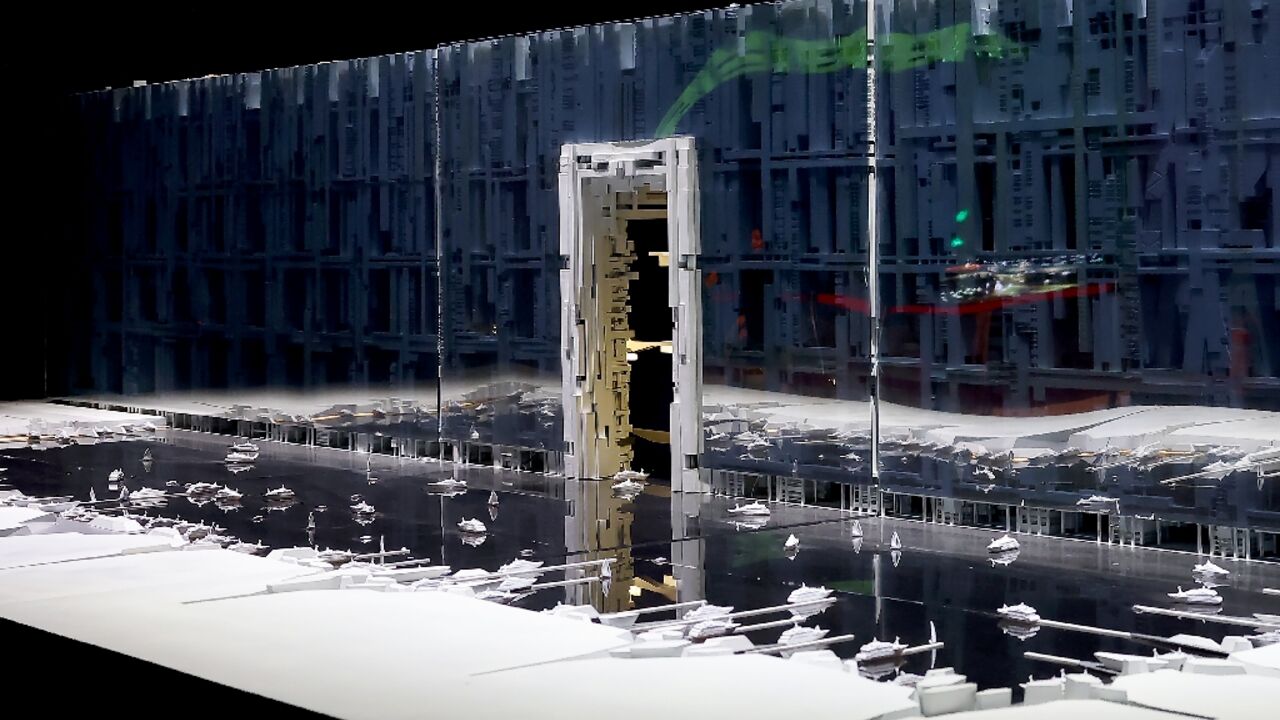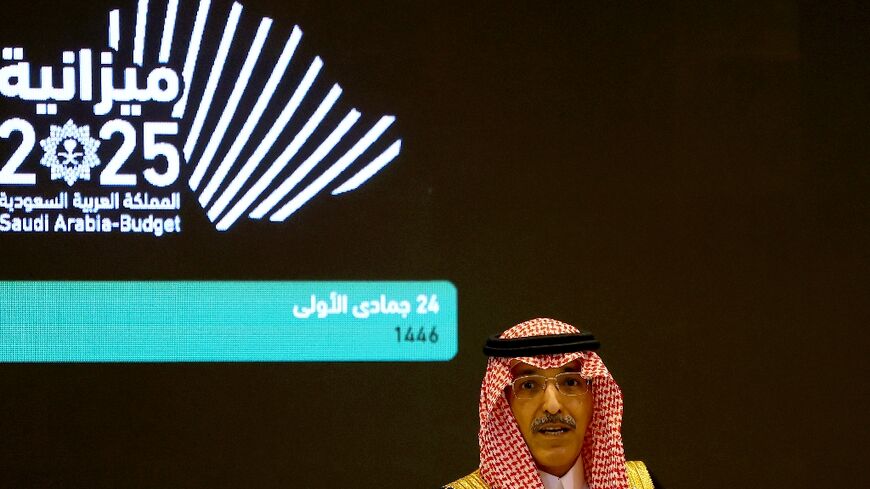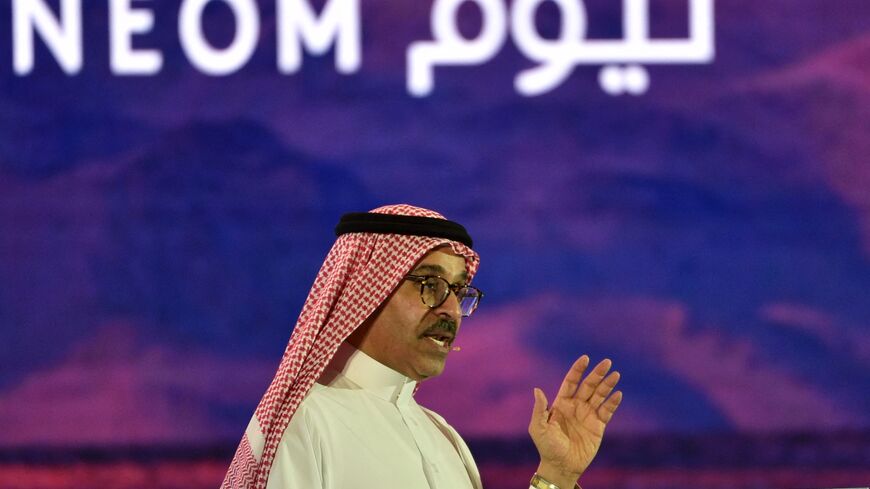Saudi Arabia replaces CEO of futuristic mega-city NEOM

Saudi Arabia announced Tuesday that it was replacing the chief executive of its futuristic mega-city NEOM as scepticism mounts over the Gulf kingdom's most ambitious development projects.
"Following the departure of Nadhmi al-Nasr", who had served as the project's chief executive since 2018, "Aiman al-Mudaifer has been appointed as interim CEO", NEOM said in a statement.
The company said that Mudaifer brought with him a "deep and strategic understanding of NEOM" after serving as head of a property arm of the Saudi sovereign wealth fund since 2018.
There has been mounting scepticism over signature projects such as NEOM, a planned futuristic megacity in northwestern Saudi Arabia meant to feature a ski resort and twin skyscrapers 170 kilometres (105 miles) long.
Authorities have reportedly scaled back 2030 size and population targets for NEOM, though officials have not confirmed any revisions.
Unveiling The Line in 2022, Crown Prince Mohammed bin Salman, the country's de facto leader, said its population would exceed one million by 2030 before climbing to nine million by 2045.
However, Bloomberg reported earlier this year that under revised projections just 300,000 people would be living in The Line by decade's end, and only 2.4 kilometres of the project would be completed by then.
Work on NEOM is progressing alongside other major development projects launched as part of Vision 2030, Prince Mohammed's bid to position the world's biggest crude exporter for an eventual post-oil future.
Last year the Gulf kingdom emerged as the only bidder to host the 2034 football World Cup, meaning it now has a decade to build the necessary stadiums and boost its lodging and transport capacity.






